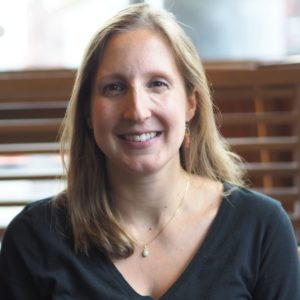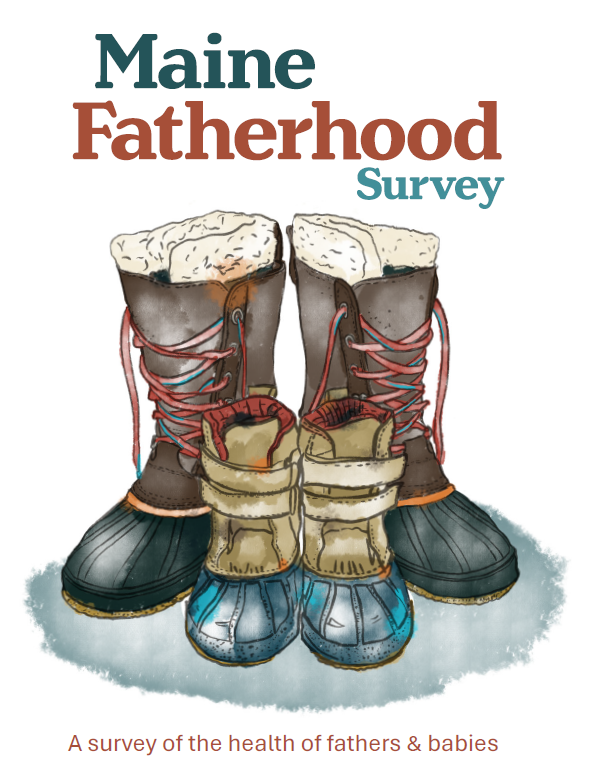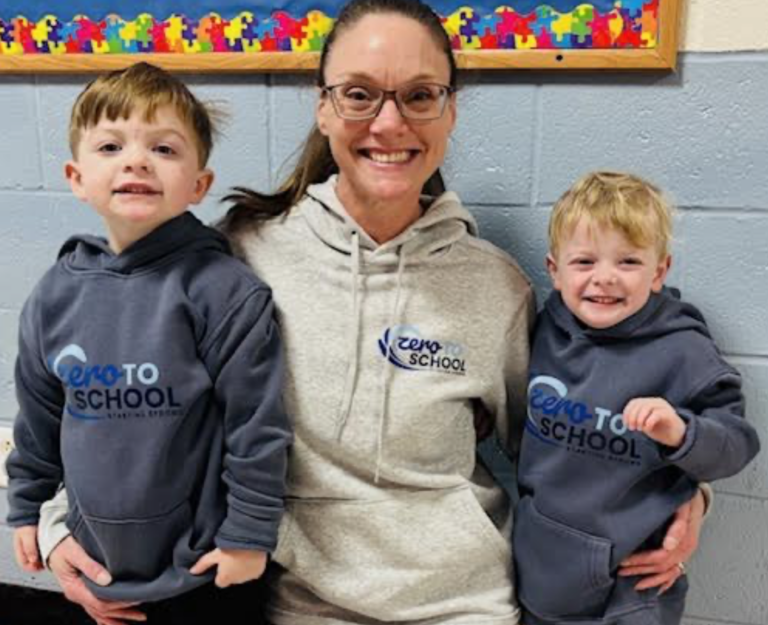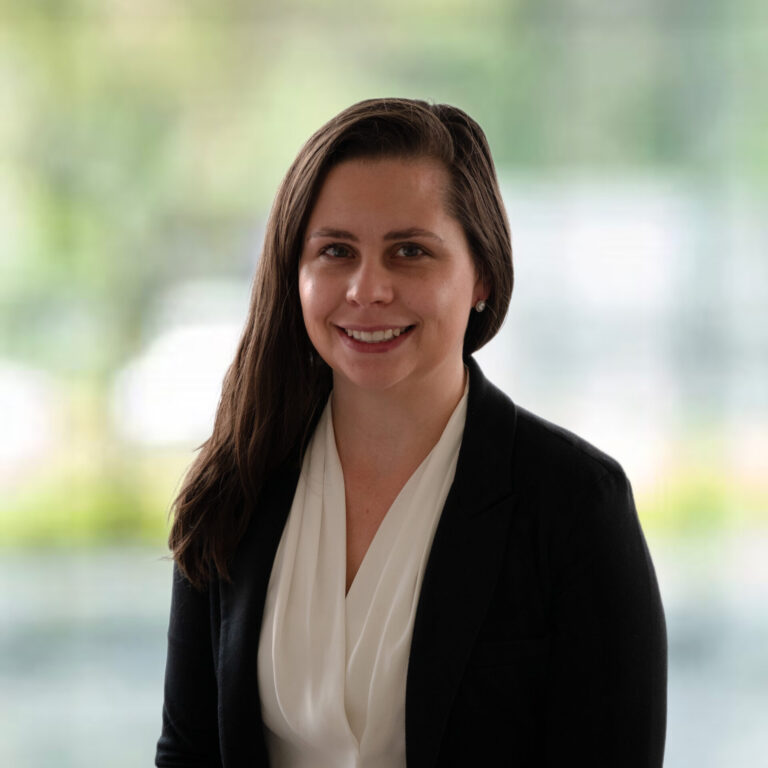
As an undergraduate sociology major, Katherine Johnston wanted to focus her research skills on social mobility and inequality. And to Katherine, education seemed like a natural lens to approach these issues, given the influence it had had on her own life and opportunities.
What followed has been a career spent researching and analyzing data with the goal of strengthening the education system at all levels. Since moving to Maine more than five years ago, Katherine has worked in research and analyst roles at Educate Maine and the Governor’s Office of Innovation, Policy, and the Future. She completed the John T. Gorman Fellowship in 2022.
As a consultant, Katherine has recently worked with Educate Maine to develop a report on the state’s teacher workforce and a forthcoming report on what teachers say is needed to make the profession sustainable. We recently connected with Katherine to talk about findings from these reports, the role of data in education policy, and the impact of the Fellowship.
John T. Gorman Foundation (JTGF): Educate Maine’s recent workforce report confirmed that the state has a shortage of teachers. Were there any surprises in the data?
Katherine Johnston (KJ): I think the biggest surprise is just how little data we have on the teaching workforce. We know that not enough teachers are coming into the field, but we don’t know how many teachers are needed, in what subjects, and where. We can’t say with precision where teachers are coming from, beyond those who are traditionally certified through our university programs, which is becoming significantly less common. And we don’t know how many people in Maine are certified, but not teaching. District leaders and policymakers would benefit tremendously from that information.
JTGF: Why is there such a lack of data?
KJ: For so long, education data has been used as a punitive tool, especially when it comes to funding. It’s made people afraid of collecting and sharing it. I would love to see us move forward – we don’t need to be afraid of data. We need it to inform the conversations and strategies that help our kids and communities.
JTGF: You’ve done research in early childhood education and childcare. Is there a lack of data there as well?
KJ: We know so little about where kids are between birth and age 5. We may know the licensed capacity of childcare providers but, especially with workforce shortages, we don’t know how many kids they truly serve. We also don’t know enough about capacity by age – how many infants slots are available compared to school age children, for instance. Parents know there are very few childcare slots, but policymakers may not have precise enough data to develop the most effective strategies for addressing the issue.
JTGF: You’re working on a forthcoming report about teaching in Maine. How is that shaping up?
KJ: We held about 20 roundtables in every part of the state and asked hundreds of teachers what we need to do to retain them and recruit more.
One of the biggest takeaways from those conversations is that the nature of teaching in public education has changed. Teachers have more responsibilities than ever before amidst increasing mental health challenges and political polarization. Teachers love what they do, but also recognize that the current climate has turned many people off from the profession.
They also talked about needing smoother pathways into the profession. People want more opportunities for learning on the job with support, regardless of the pathway. Right now, it’s sink or swim. And if you’re an emergency certified teacher, you’re in the classroom while still working toward your certification at night. So, it’s a very challenging profession to enter and sustain, and that’s where we see a lot of turnover.
Then there is the cost-benefit analysis. Earning a teaching degree is a large commitment of time and money. Yet student-teaching is largely still unpaid and teachers’ compensation isn’t keeping up with other professions, or things like the cost of housing. There would be several angles to approach these issues from a policy perspective – like better loan forgiveness, more scholarships, paid student teaching, and different pathways where you can work and learn at the same time.
JTGF: What kind of impact has the John T. Gorman Fellowship had on your work?
KJ: I feel like it planted a seed that will grow over the rest of my career. It was a starting point for a different way of thinking and working with people. I have also valued the ongoing opportunities to connect with other Fellows. We meet regularly to talk about big-picture ideas, the challenges we’re facing, and how to use the skills we learned during the Fellowship to tackle the issues we’re working on. It helps me reflect, think about where I need to grow, then dive back into the work.



